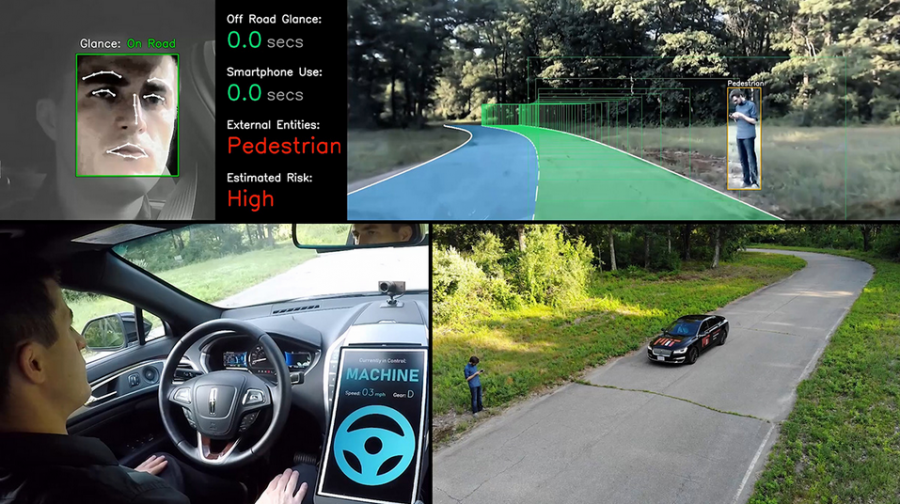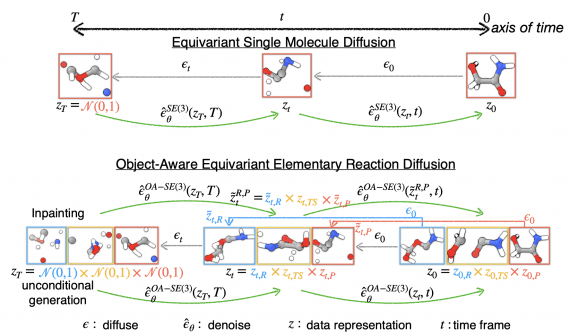
Lex Fridman, a researcher from the Massachusetts Institute of Technology (MIT) has proposed a new human-centered autonomous vehicle system.
The idea behind the concept of human-centered autonomous vehicle is to provide a framework based on a set of principles for designing autonomous vehicles embracing human nature.
In his paper, Fridman argues that the driving task is a complex task, as opposed to the populistic view and that humans are great drivers, as opposed to humans are very bad (error-prone) drivers. Starting from this point, he defined an engineering paradigm for developing “shared autonomy” systems in a human-centric way.
Fridman defined seven principles for building human-centered autonomous vehicles: Shared Autonomy – meaning defining an intermediate level of autonomy, Learn from Data – using machine learning at all levels, Human Sensing – emphasizing the need to understand human drivers, Shared Perception-Control, Deep Personalization, Imperfect by Design – meaning flaws are to be expected, and limitations should be known and System-Level Experience – focusing on the effectiveness of the autonomous vehicle as a whole, not on separate components.
The seven proposed principles were implemented in a prototype vehicle that uses only cameras and machine learning approaches to do the driving task. All the concepts described in detail together with video demonstrations of the prototype vehicle are available on the official project page. The paper can be found here.


